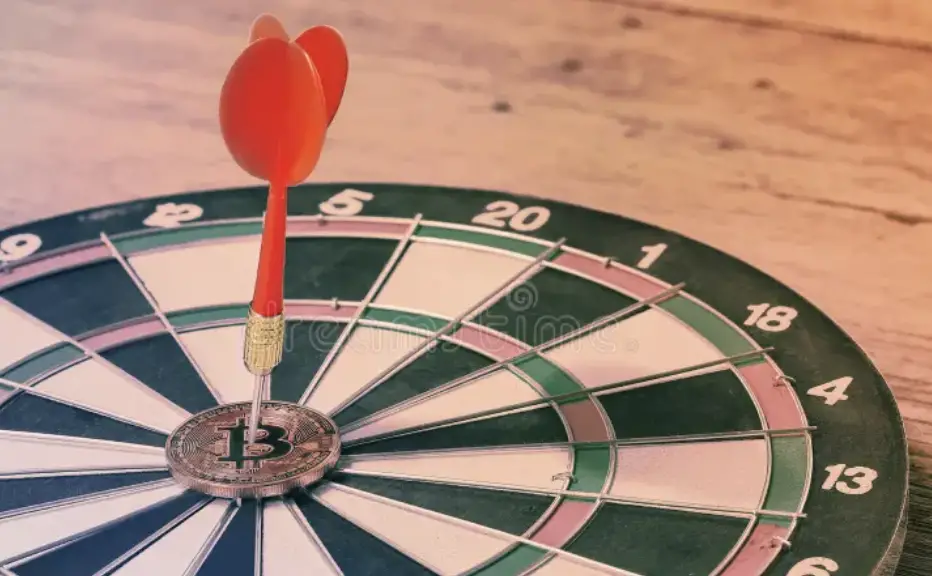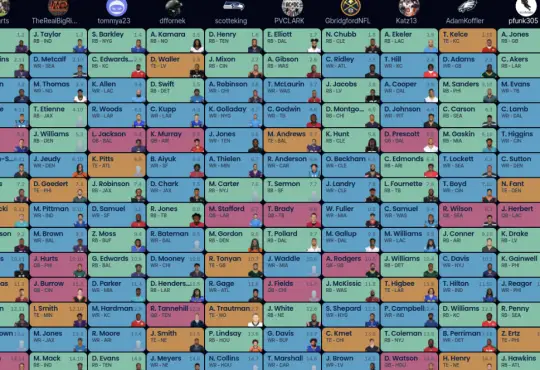
Hitting the Mark: Does a Dart Count if It Falls Out?
Darts is a game of precision, skill, and a steady hand. Whether you’re a seasoned player or a beginner, you’ve likely encountered a situation where a dart seemingly lands perfectly on the dartboard, only to fall out moments later. The question then arises: Does a dart count if it falls out? In this blog post, we’ll explore the rules and considerations surrounding this intriguing aspect of the game.
The Basics of Dart Scoring:
Before delving into whether a dart counts if it falls out, let’s review the basics of dart scoring. In a standard game of darts, the dartboard is divided into numbered segments, with the center bullseye having the highest value. The scoring is as follows:
- Outer Bullseye (Green): 25 points
- Inner Bullseye (Red): 50 points
- Outer Ring (doubles): Double the number segment value
- Inner Ring (triples): Triple the number segment value
- The rest of the dartboard: The value of the numbered segment
The Falling Dart Dilemma:
When a dart lands on the dartboard but falls out before the player retrieves it, determining whether it counts as a scored dart can be a subject of debate. To resolve this issue, dart organizations, leagues, and tournaments typically adhere to the following rules:
1. Scoring Surface:
For a dart to count, it must remain on the scoring surface (dartboard) until the player retrieves it. If the dart falls out before the player has a chance to remove it, it does not count as a scored dart.
2. Properly Stuck Darts:
A dart that sticks to the dartboard and remains in place, even if it wobbles a bit, is considered valid and counts for the score it achieves. The player must leave the dart in the dartboard until it is their turn to retrieve their darts.
3. Darts on the Floor:
Any dart that lands on the floor or fails to stick to the dartboard does not count towards the player’s score.
4. Be Mindful of Distractions:
In some cases, a player may accidentally knock their own dart out of the dartboard while throwing subsequent darts. If a dart falls out due to interference caused by the player’s actions, it is not scored.
5. Umpire’s Decision:
In professional settings, where an umpire or referee is present, their judgment may be used to determine whether a dart counts or not. Their decision is typically based on their observation of the dart’s position and behavior on the dartboard.
Conclusion: A Fair and Consistent Game
In the game of darts, fairness and consistency in scoring are essential. While it can be frustrating when a dart falls out just after landing, the rules are in place to ensure that the game is played fairly for all participants. As players, it’s crucial to respect these rules and accept the outcome, whether the dart counts or not.
So, the next time you step up to the oche and take aim, remember the rules governing dart scoring. Keep a steady hand, aim true, and let the dartboard be the judge of your skill and accuracy. Embrace the challenges of the game, celebrate the successes, and enjoy the camaraderie that darts brings to players worldwide. Happy darting!






